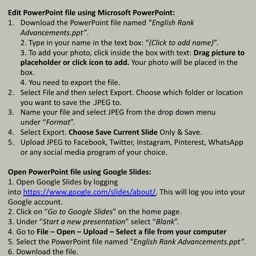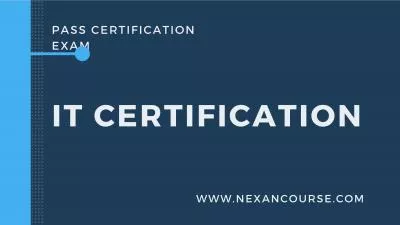PPT-Elementary PowerPoint 3:
Author : cheryl-pisano | Published Date : 2017-12-09
Municipal Elections Opening Discussion Have you ever voted for something before How was the winner decided Did you think the process was fair Elections Elections
Presentation Embed Code
Download Presentation
Download Presentation The PPT/PDF document "Elementary PowerPoint 3:" is the property of its rightful owner. Permission is granted to download and print the materials on this website for personal, non-commercial use only, and to display it on your personal computer provided you do not modify the materials and that you retain all copyright notices contained in the materials. By downloading content from our website, you accept the terms of this agreement.
Elementary PowerPoint 3:: Transcript
Download Rules Of Document
"Elementary PowerPoint 3:"The content belongs to its owner. You may download and print it for personal use, without modification, and keep all copyright notices. By downloading, you agree to these terms.
Related Documents














